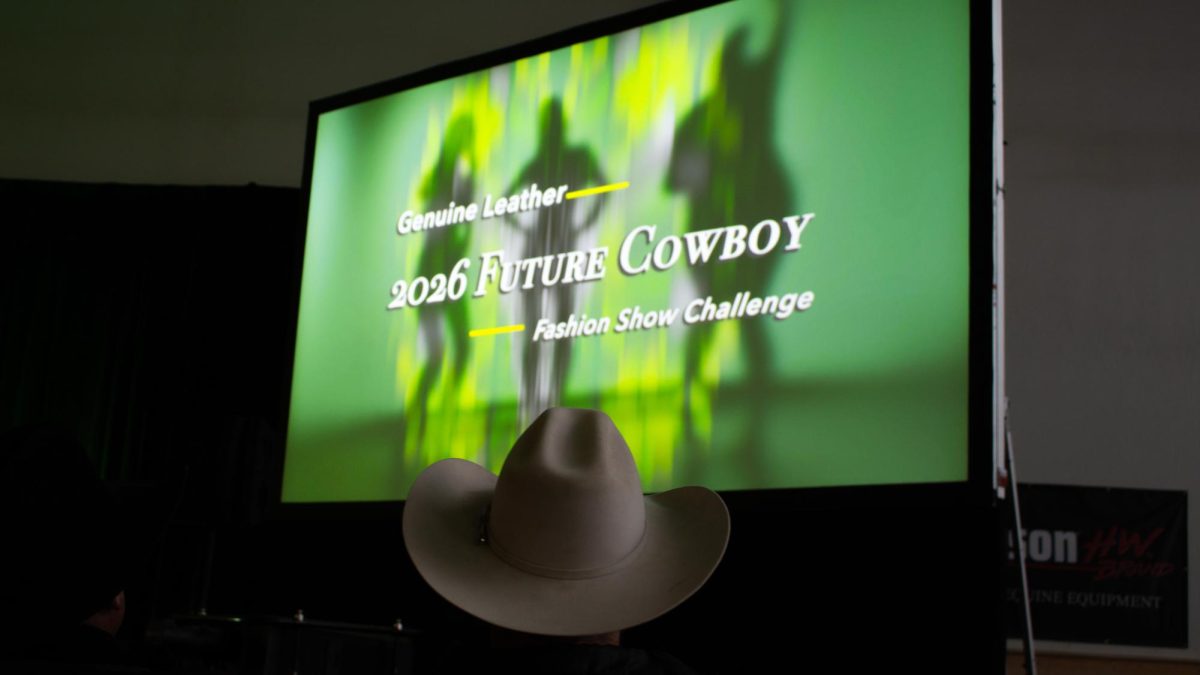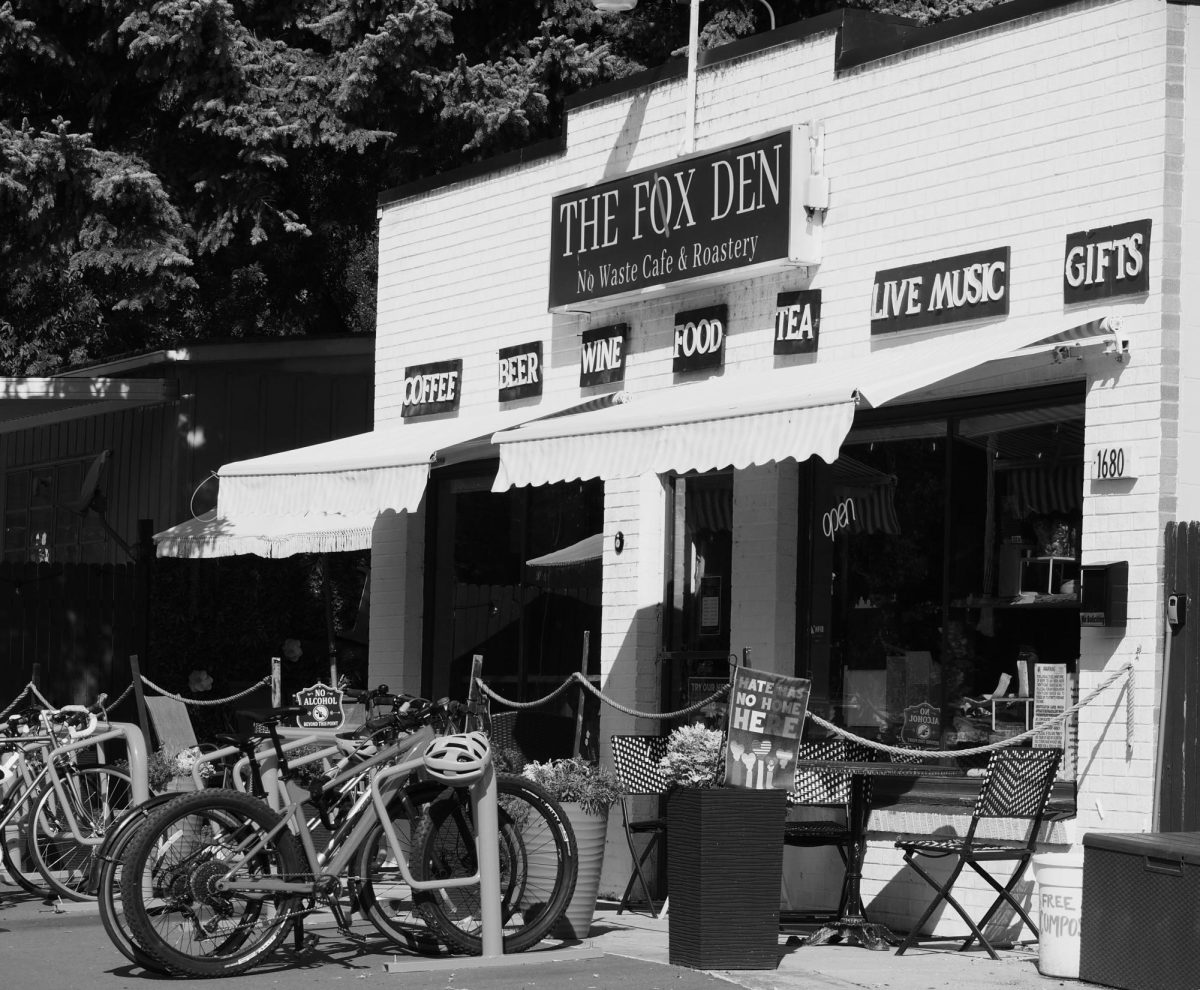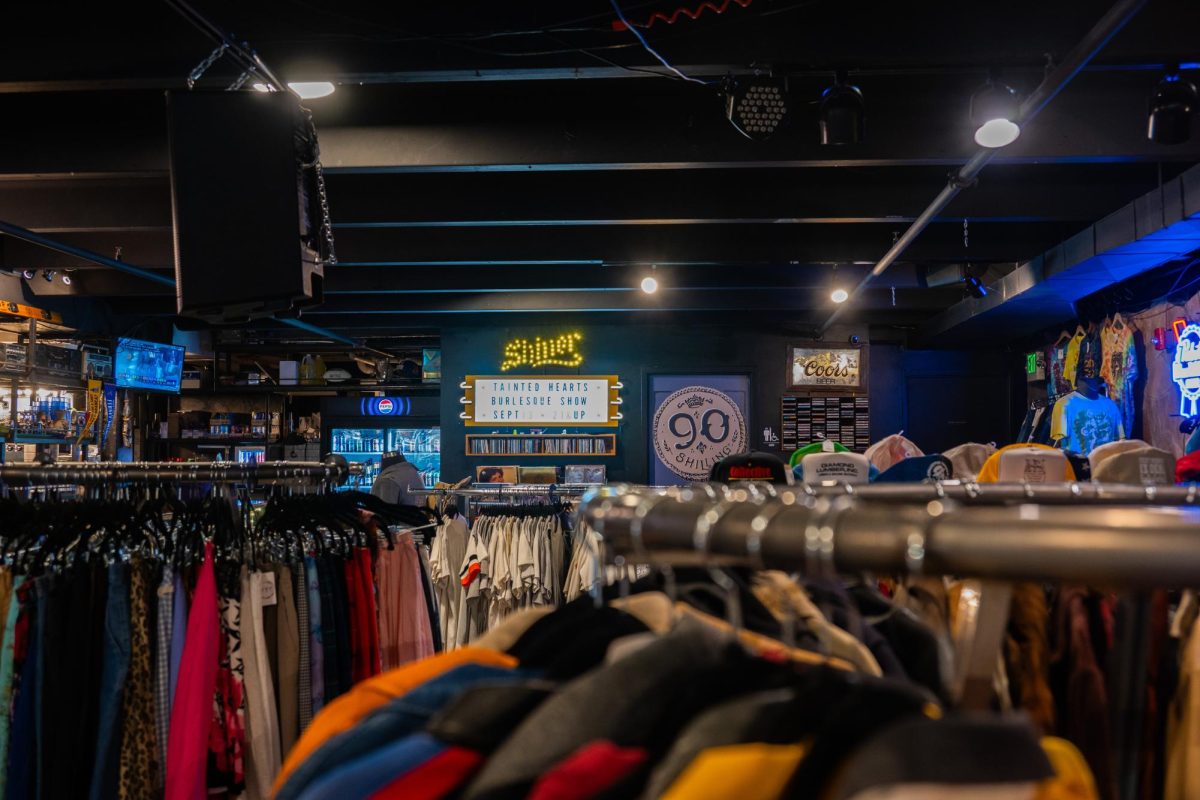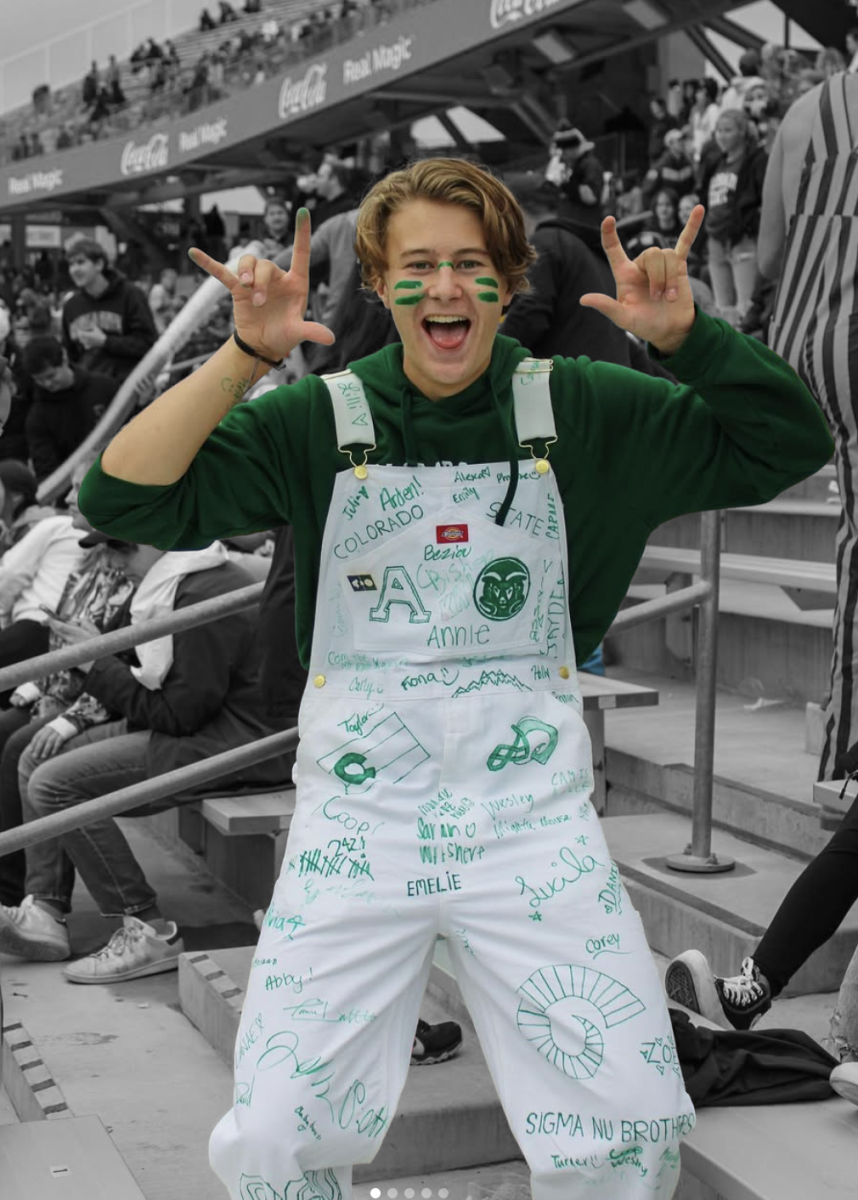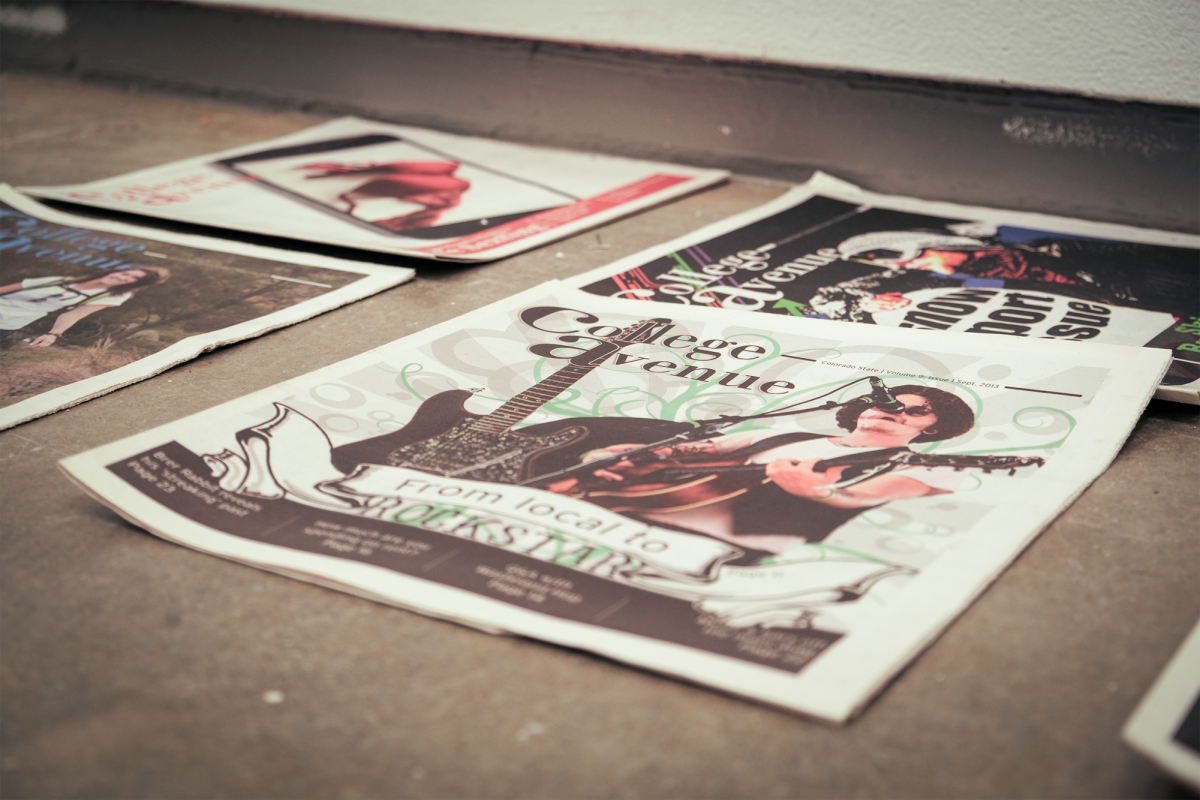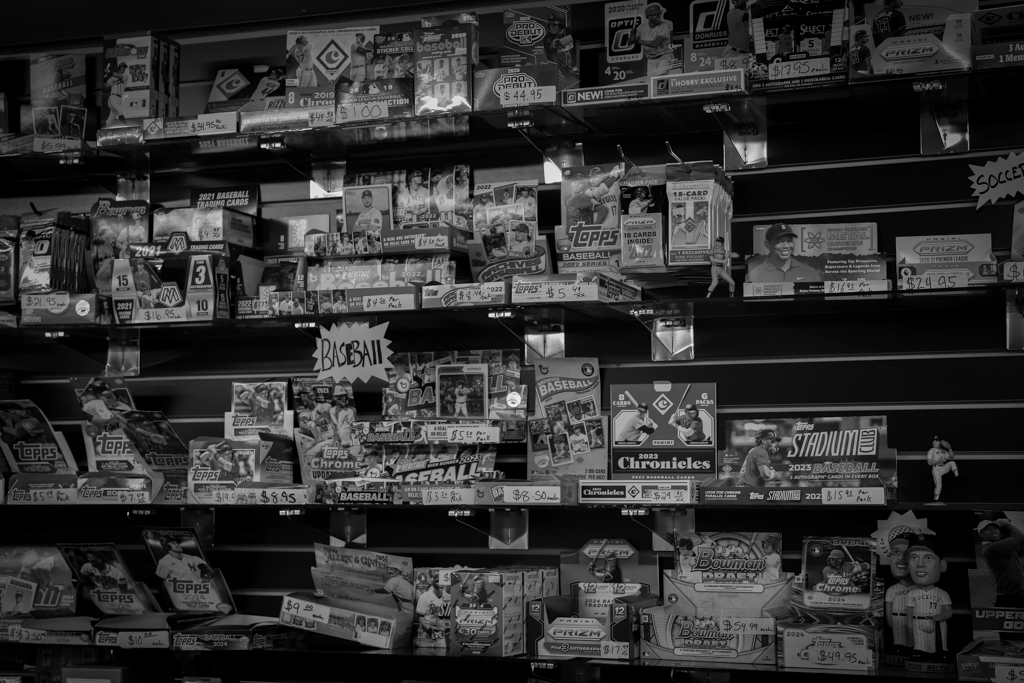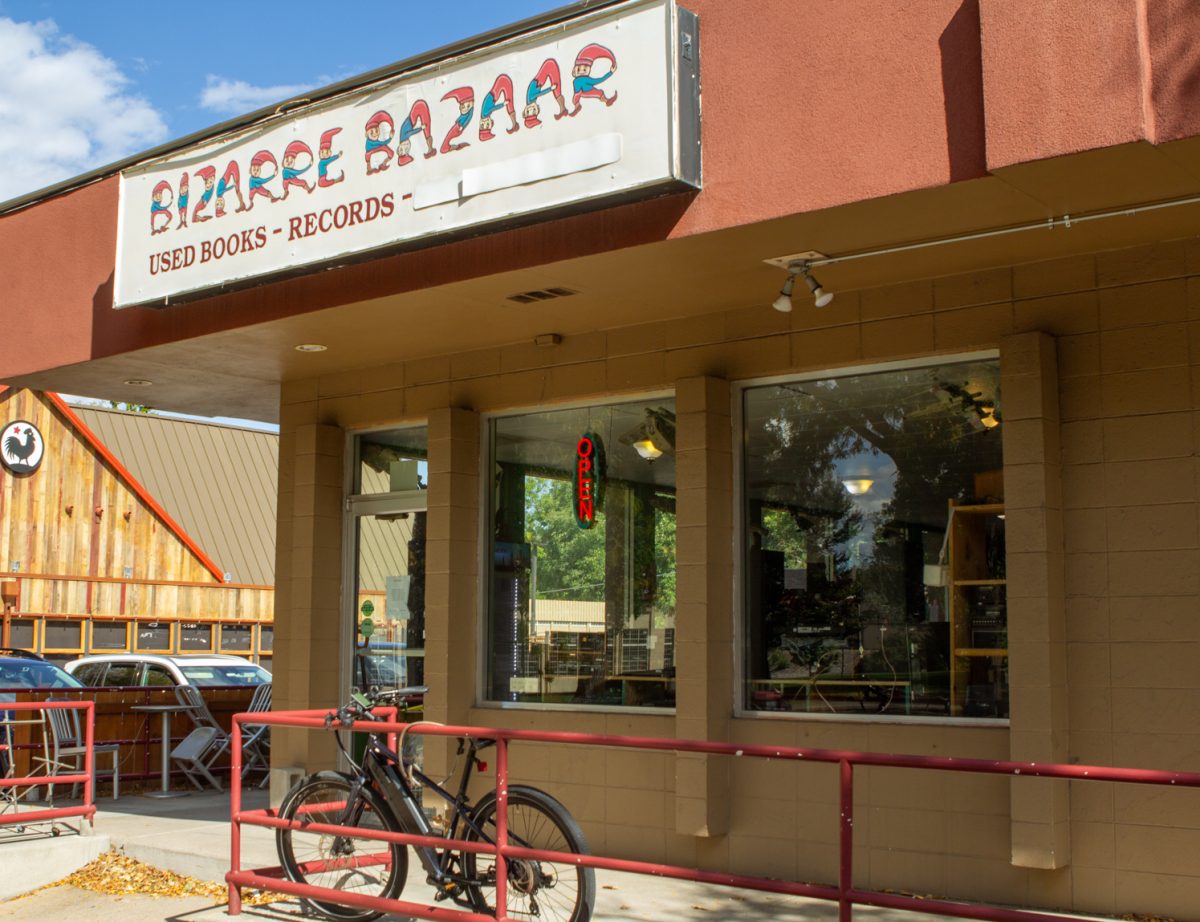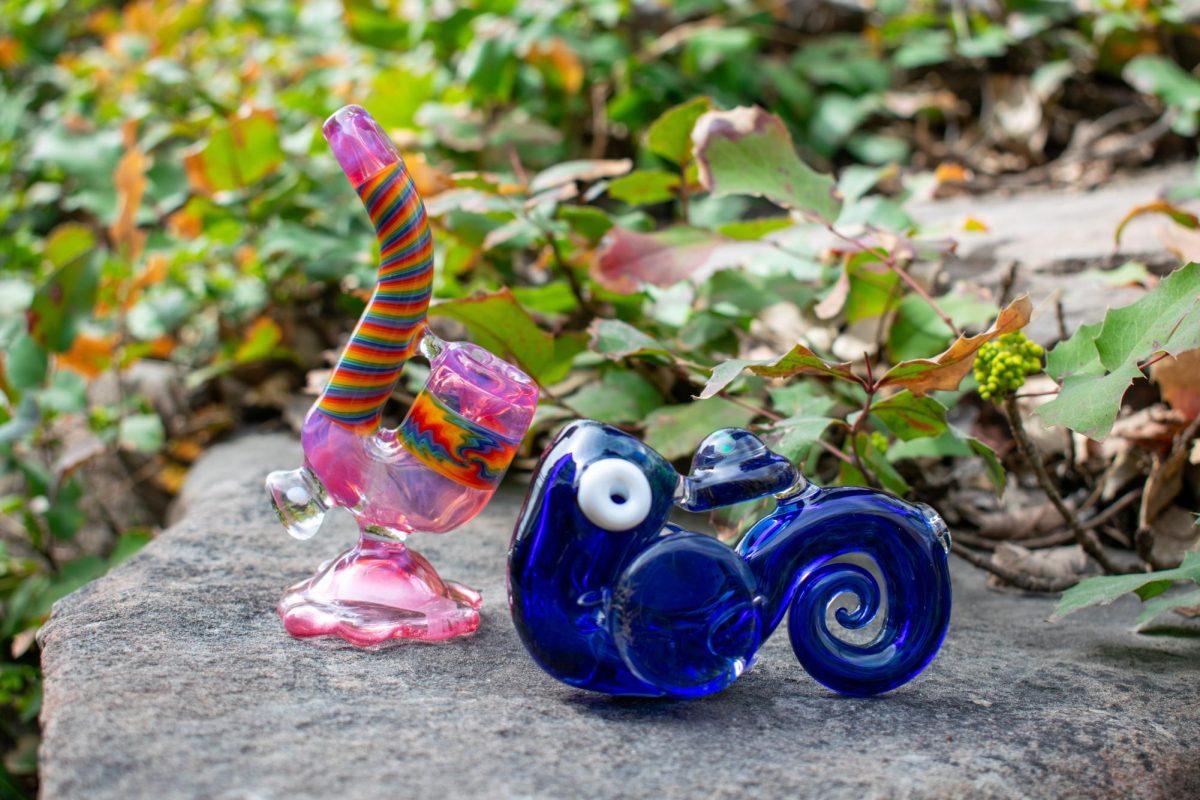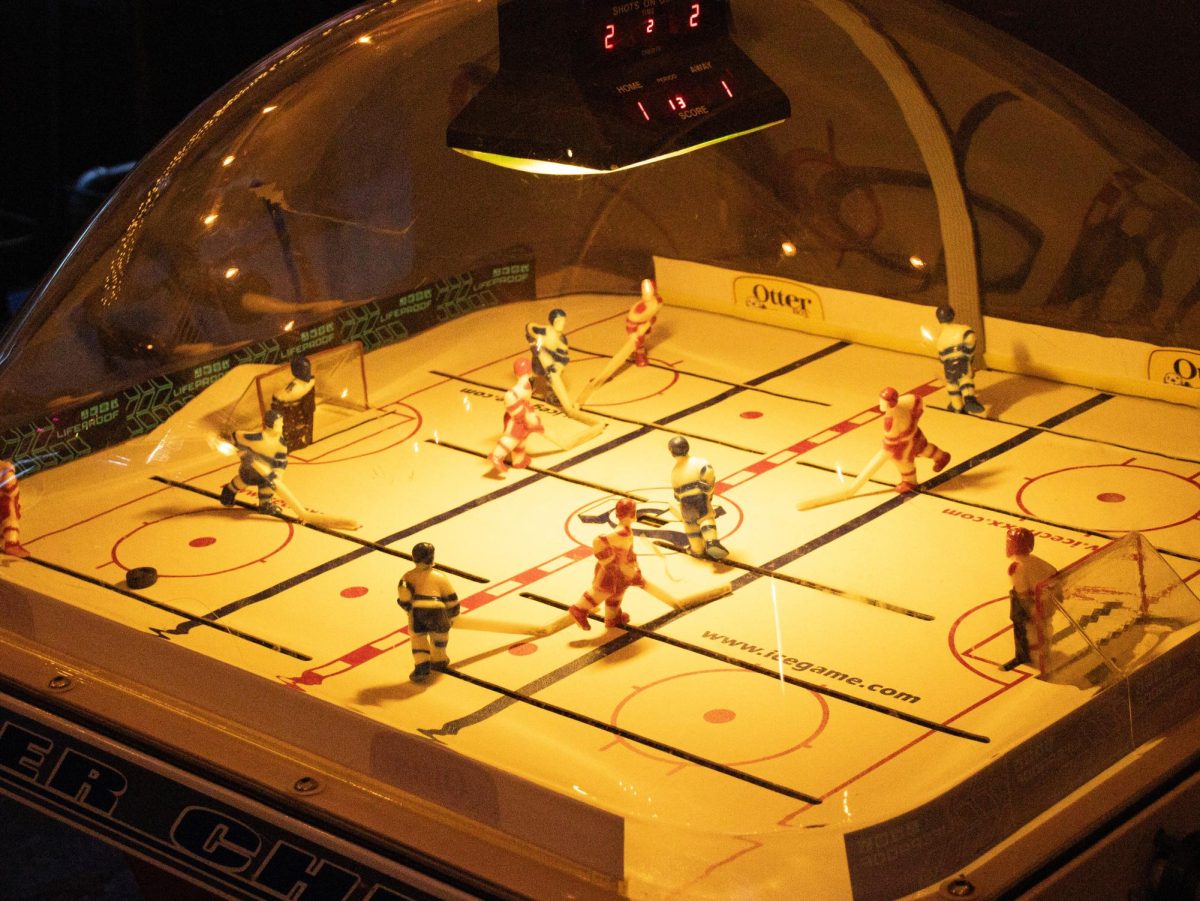In a world where the Great Pacific Garbage Patch exists and global warming is worsening, sustainable action at the community level can help drive a larger movement for change.
The City of Fort Collins has its own list of sustainability goals, also providing sustainable actions residents can take to make a difference. Residences use lots of energy, water, and produce waste, but so do businesses.
The Fox Den: No Waste Cafe & Roastery is paving the way for other businesses to make a sustainable change. Before coming to Fort Collins, The Fox Den’s CEO, Patricia Acheson, started THO Coffee in Los Angeles as a no-waste company and later founded The Fox Den in 2022 with the same no-waste goal in mind.
Accessibility and Sustainable Design
The cafe is located off a busy bike trail and has more spots to park bikes than cars. In promoting easy access for bikers, The Fox Den has leaned into Fort Collins’ larger-scale sustainability efforts to encourage biking.
Sustainability is also reflected in the cafe’s design. Large windows fill the seating area with natural light. Near the door, a feedback box invites customers to share their thoughts, with a bin of rolled-up cloth napkins beside it.
The furniture radiates a comfy, homey vibe. “The cafe got its furniture all secondhand, everything from tables and chairs to the espresso and ice machines, with the exception of the coffee roasting machine,” said Noah Chavez, the general manager and lead roaster at The Fox Den.
Waste Reduction Practices
The shop uses glass, ceramics, and metalware only, and charges customers a deposit fee on glass to-go drink jars that customers can bring back. This policy holds customers accountable and reduces a significant amount of waste.
The cafe donates food waste to local farmers and composts all its scraps, which are processed into soil and given back to the community, Chavez said.
“We donate all spent coffee grounds and beans for community use, whether in gardens or elsewhere,” Chavez said.
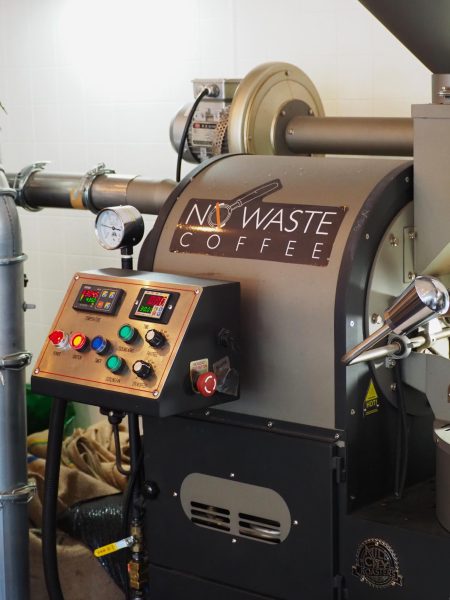
Ethical Product Sourcing
Sourcing coffee beans is no easy task, Chavez said. The cafe sources beans that are fair-trade, organic, and Rainforest Alliance Certified. This ensures the beans are grown without synthetic chemicals and with fair labor practices, and grown on farms that go out of their way to leave surrounding rainforests and ecosystems unharmed.
The Fox Den sources many products locally from Copoco’s Honey, Folks Farm, The Bread Chic, Morning Fresh Dairy Farm, and local farmers’ markets. “We try to source as locally as possible, and if we can’t, we try to source in ethical ways,” Chavez said.
The cafe recently simplified its food menu, guided by two factors: sourcing products responsibly and finding the best way to dispose of potential waste, Chavez said. The Fox Den’s menu is ever-changing, only producing products that are in season to support local farmers.
Water and Energy Practices
CEO Acheson has partnered with carbonfootprint.com, which tracks the cafe’s carbon footprint, helping the shop keep track of how much energy it’s using and providing recommendations to offset the usage.
The Fox Den also compares its energy use with local businesses in the area to identify what can be improved, Chavez said. The cafe additionally partners with One Tree Planted, a nonprofit organization that focuses on reforestation.
Employee and Barista Perspectives
“Like a lot of us at The Den, a major reason I wanted to work here is because I felt like it already aligned with a lot of my beliefs,” Chavez said. “Working here also gives me a deep appreciation for other eco-conscious businesses and makes me want to seek out and support them even more.”
Gwen Tapia has worked as a barista at The Fox Den for six months. “My experience at the cafe has significantly influenced my outlook on sustainability. Because sustainability practices are emphasized daily at the shop, I have become more conscious of my own habits,” Tapia said. “I now find myself reusing items at home and making more mindful choices in an effort to reduce waste and live more sustainably.”
Tapia further discussed the changes that the cafe has made since she began working there: “We reuse the chai leaves from our house-made concentrate to make chai muffins, ensuring that nothing goes to waste.”
“There is always a clear motive to get as close to fully sustainable as possible. While there are some unavoidable single-use items, such as cooking gloves, the overall direction has been toward greater sustainability,” Tapia said.
Challenges of No-Waste
It takes a lot of time to produce no waste; every dish has to be hand-cleaned, versus the ease of throwing away a paper cup or a straw, said Chavez.
Everything in the shop is constantly shifting, including the prices of drinks and food, as well as where the cafe sources its products. “There isn’t a model for how a sustainable business should run. We want to be transparent, and we’re learning together,” said Chavez
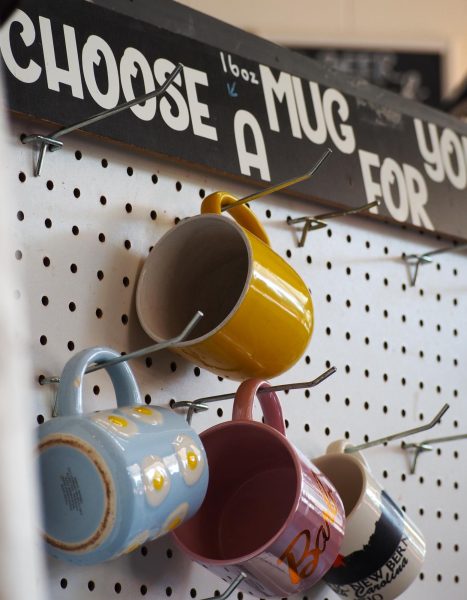
Community Engagement
The Fox Den not only practices sustainable methods in the inner workings of the cafe, but also promotes and uplifts a sustainable community. The cafe hosts events like open mic night, networking events, and their newest event, a cafe rave.
“We host a really fun open mic night every Thursday, which brings people together to share music, poetry, and creativity,” Tapia said. “On Wednesdays, we offer discounted wine, which a lot of people don’t know about!”
The shop showcases artwork from local artists in the bathroom and at the front of the store, giving them a space to thrive. All of these products are created with sustainability in mind.
“The Fox Den is more than just a cafe – it’s a place where the community can connect, relax, and enjoy time together,” Tapia said.
Future Goals
For take out orders, the shop currently uses foil, compostable to-go boxes, and silverware. Chavez hopes to implement a deposit program similar to the one for to-go drink jars. While these compostable products are better than the latter, the necessary facilities to process them are not available in Fort Collins.
The next step for the cafe is finding ways to ship its products sustainably to communities just outside of Fort Collins. “Now that we have a further outreach, how can we eliminate those single-use products as we’re shipping further?” Chavez said.
The Fox Den just hit one of its biggest goals, getting a composter, which reduces unnecessary emissions from landfills and gives carbon back to the soil.
For The Fox Den, “no waste” isn’t just a label, it’s an evolving goal, one they’re determined to keep chasing alongside the community they serve. In the meantime, they’re being transparent about their progress and continually looking for ways to improve and uphold that commitment.

